Outlook 2023: Firms Prepare For 'World Where Health Care Has No Limits'
Executive Summary
What's ahead for device companies in 2023? In this year-end special feature, execs at top device companies and other stakeholders share what they expect.
After the chaos of 2020 and 2021, 2022 showed hints of a return to normalcy. But what might 2023 bring? Executives from Edwards, Medtronic, Qiagen and more shared their predictions for the year ahead.
"2023 will be the year of..."
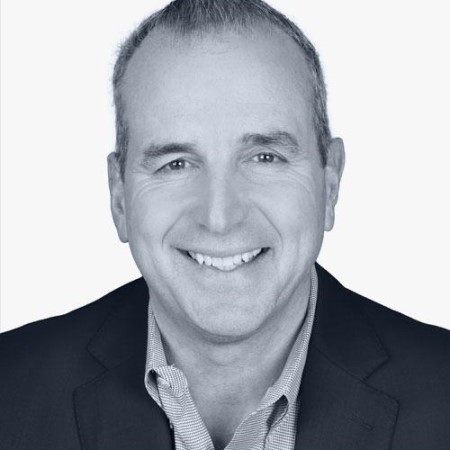
Peter Arduini
CEO and president, GE HealthCare
… creating a world where health care has no limits. These are more than just words. They create a passion that is bringing people to GE HealthCare. Markets are at an inflexion point. COVID changed the way many people diagnose, and imaging played a significantly increased role because of that. We’re uniquely positioned with what we have in our ecosystem and with precision care. As a separate company, we’ll have more focus and be able to do things differently.
Read more about GE’s spin-off of GE Healthcare.

Thierry Bernard
CEO, Qiagen
…ramped-up, creative and inclusive global health efforts; greater investments in preparedness and surveillance that prioritize prevention as much as treatment and cure – and, I hope, an end to lethal brutal aggression by autocratic regimes.
This past year, like the previous two, has offered more harsh lessons about how we must live through times of increasing uncertainty. Health challenges from Mpox, RSV, flu and Ebola added to those from COVID-19 and longtime killers like TB – even more stark illustrations of the stresses that epidemics and pandemics can inflict on our societies and healthcare systems. At the same time, it was a year of inspiring advances – important developments in life sciences and molecular medicine, for instance around liquid biopsies and TTR-associated disorders, and continued, productive public-private partnerships forged in response to infectious disease threats.
Read more about Qiagen’s development of PCR technologies and companion diagnostics.

Lisa Carmel
Executive Vice President Global Strategic Partnerships, Veranex
… a pent-up demand to expedite and advance innovation in these challenging times. Caught amidst a potential economic slowdown and the COVID reality, companies are facing a squeeze with a myriad of issues in global supply chain, gaps in resourcing, strategic projects falling below the line, regulatory complexity such as the EU MDR, and more. I foresee increased focus in optimizing portfolios and addressing risk by future proofing existing technologies; expanding them with purposeful M&A activity; and financing internal innovations with conventional as well as increasingly novel funding models. Winners will be the fast adapters.
Read Medtech Insight’s EU Outlook 2023 report.
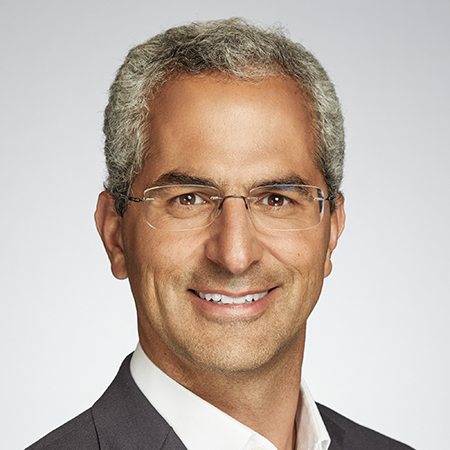
Chris Christoforou
Vice President of Technical Operations, Nevro
… growth of artificial intelligence across industries. There is no question that people are receptive to AI-driven technology in their lives, and we expect it to continue to take off in healthcare, as it really allows people to be in control of their own therapy.
Read more about Nevro’s pain-management therapies.
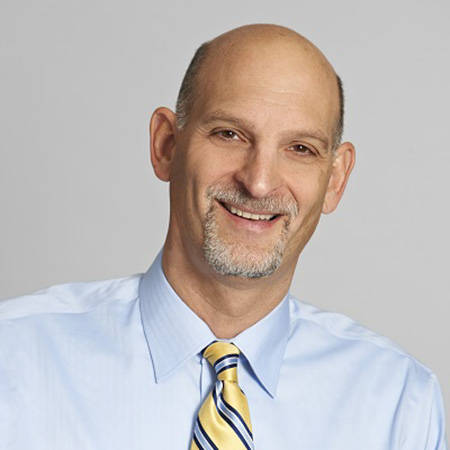
Dr. David Feldman
Chief Medical Officer, The Doctors Company
… Technology playing an increasingly prominent role in health care. For example, the Medical Brain is a cloud-based intelligent decision support engine that monitors patients around the clock. It is being used in obstetrics to monitor the progress of labor, but is also being utilized in other branches of medicine as well. This platform can see discrepancies in a patient's condition and alert the patient care team to actionable steps they can take before a situation escalates and a patient’s condition worsens. This is just one example of technology enabling medicine’s ability to scale, augmenting and focusing the efforts of individual healthcare professionals and, ultimately, providing better care for patients.
Read about changes to digital health regulation in 2022.

Mike Kijewski
CEO, MedCrypt
… More non-native healthcare companies releasing devices and digital health services that are more affordable and accessible, cutting the fat in healthcare by going directly to consumers. The amount we spend on healthcare in the United States, and what we get in return for those dollars, is not sustainable. With tech companies entering the space, they are providing products and services that consumers can afford without jumping through the various health insurance hoops. Yet, at the same time, many companies that have entered the space in the past few years are finding their promises hard to keep. In 2022, we have seen some big names fold on their healthcare ventures and we assume that we will see continued challenges. But the net-net is expected to remain positive.
Read about how digital health technology is helping patients with rare diseases find answers.
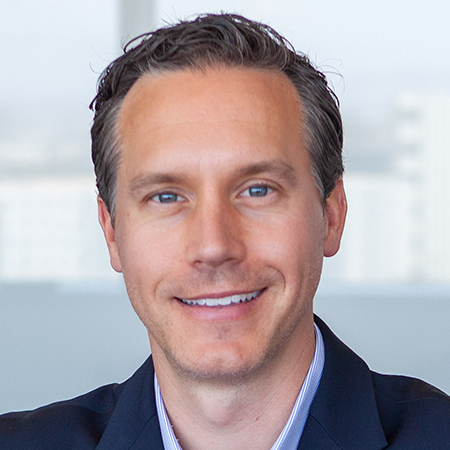
Rob Krummen
CEO, Vektor Medical
… transformation for cardiac mapping. We want physicians to have access to technology that can truly impact the treatment for the millions of people suffering from arrhythmias. vMap provides valuable information on arrhythmia sources, and has been shown in studies to dramatically reduce procedural time and cost.
Read more about recent innovations in cardiac mapping.
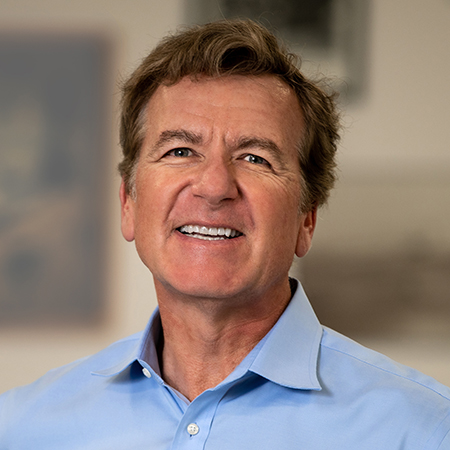
John Murphy
CEO, Virtual Incision
… a theme of access to care. Take robotic-assisted surgery (RAS), for example. While it’s shown to improve patient outcomes, it isn’t always accessible to patients, due in part to the large size, logistical needs and capital cost of traditional mainframes.
Read about a study showing how robot-assisted surgery may help patients.
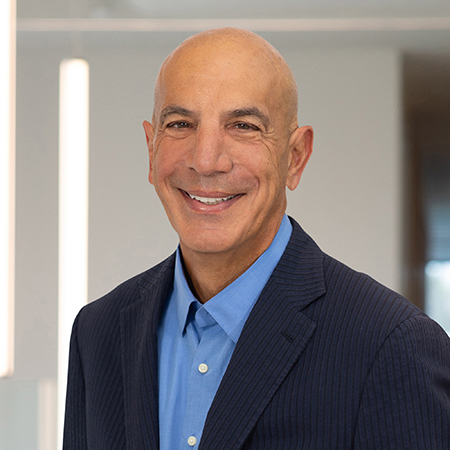
Mike Mussallem
Chairman and CEO, Edwards Lifesciences
… healing and progress for medtech. I believe the follow-on negative impacts of the pandemic will progressively fade into the background, and we’ll see improvements in hospital staffing, inflation and supply chain challenges. There are also unique and promising opportunities all throughout medtech to better consider patient needs and access to innovation, for example with TCET [Transitional Coverage of Emerging Technologies] and improvements with MDR.
I’m confident we’ll see progress in 2023 through bipartisan support for TCET and opportunities to ensure MDR can support the delivery of advanced technologies to patients, so that they can get the care they need.
Read Medtech Insight’s in-depth interview with outgoing Edwards CEO Mike Mussallem.

Deepak Kumar Sahu
Partner, Alira Health
... proactive, resilient, and competitive strategies to future-proof against macroeconomic uncertainties and supply chain disruptions. Innovations focused on transitioning care from inpatient to outpatient or home, commercial models targeting long-term contracts with providers and payers, investments enabling a post-pandemic pipeline, and supplier diversification to guarantee quality and delivery will shape 2023 to be a year of sustainable growth for the medtech industry.
Read Medtech Insight’s MTI 100 feature on the future of patient-centered care.
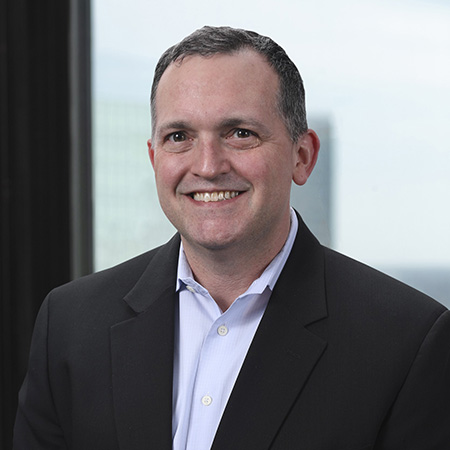
Scott Trevino
Senior Vice President, Cybersecurity, TRIMEDX
…patient care increasingly moving to non-acute settings, changing the threat and risk profile for medical devices while more devices continue to be connected across the board. At the same time, attacks on healthcare systems will most likely continue to increase as well as the associated costs and impacts. Cybersecurity legislation and regulatory actions are likely to occur, and some may be implemented; however, any impact will take time to be felt. Health systems will continue to face financial pressure. This all highlights the need to invest in a dedicated and comprehensive solution for medical device cybersecurity.
Read more of Trevino’s thoughts about cybersecurity preparedness.
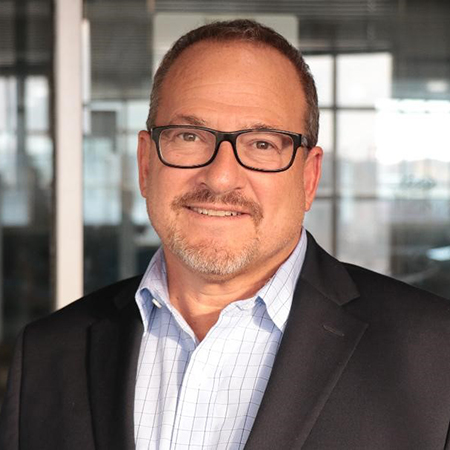
David Uffer
Vice President Medtech, General Inception
… increasing use of data and analytics in multiple formats. We will see an expansion of artificial intelligence incorporated into the delivery of treatments. AI will be a key aspect of many new technologies developed, more impactful than the introduction of the devices in themselves.
I expect digital therapeutics to have significant expansion in several chronic conditions with greater investor interest as well. New commercial models with tech enabled customer, clinical and patient engagement has become tested through the pandemic and will significantly change medtech. The challenges will continue to be demonstrated improvement in both clinical and health economic outcomes.
Read Medtech Insight’s latest Digital Health Roundup.
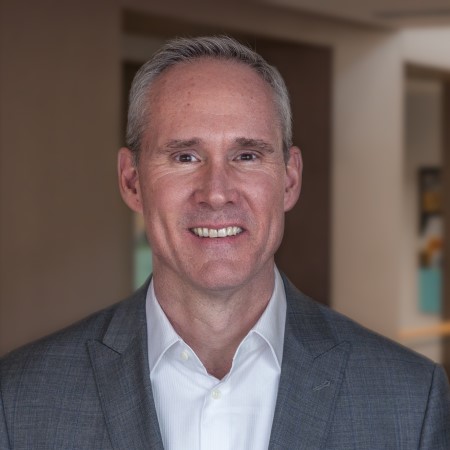
Bob White
Executive VP and President, Medical Surgical Portfolio for Medtronic
… the recognition of artificial intelligence’s everyday impact. Yes, the technology can enhance the speed, efficiency, and effectiveness of global health systems. But it can have a much more human, daily impact, too. It helps mitigate burnout among healthcare professionals, drives health equity, and frees clinicians up to focus on what matters most: their patients. Technology that supports clinicians in service of more personal care will continue to gain momentum and adoption.
Read Medtech Insight’s recent interview with Bob White about how robotic technology is reshaping Medtronic’s medical surgical business.

Bernard Zovighian
Corporate vice president for Edwards Lifesciences’ transcatheter mitral and tricuspid therapies division and future CEO
… the start of a new era of structural heart innovation for Edwards. I am proud we were able to maintain significant investments in our R&D and clinical trials throughout the pandemic. We believe that as global conditions improve, this continued work will benefit patients with advancements in life-saving and life-enhancing therapies. We will also have a planful transition for Edwards as Mike retires from the role as CEO, and I look forward to working closely with Mike in the first months of 2023 on this transition. Edwards is strong in its patient-focused innovation strategy and culture, and I am excited to engage our talented and passionate employees in the promising work that lies ahead.
Read more about Mike Mussallem’s long career in medtech and decision to hand the Edwards’ CEO job to Bernard Zovighian in 2023.